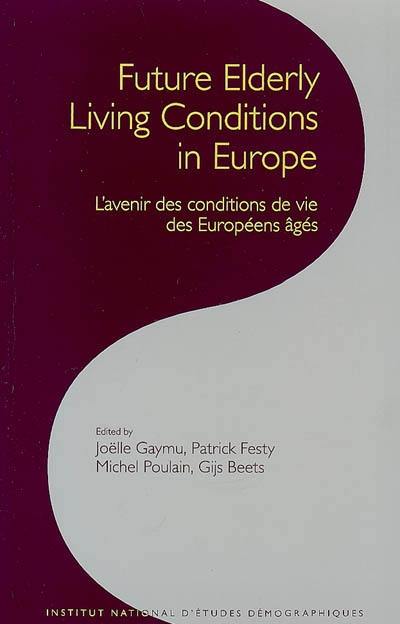
Fiche technique
Format : Broché
Poids : 350 g
Dimensions : 16cm X 24cm
ISBN : 978-2-7332-0163-3
EAN : 9782733201633
L'avenir des conditions de vie des Européens âgés
Quatrième de couverture
From 2000 to 2030, the European population aged 75 and over will increase by three quarters, due to ageing of the baby-boom cohorts and improved survival up to and beyond age 75. However, it could be grossly misleading to draw too many conclusions from such simplistic indicators, and to equate the increased « weight » of the elderly population with an increased « burden ». The characteristics of this population will change over the coming decades as fundamentally as their numbers, essentially because the life course of the future elderly will have differed significantly from that of their predecessors, in terms of educational attainment, family life, working career, and so on.
In Felicie, the focus is on the health of the elderly, and on the resources at their disposal to cope with the severe impairments liable to affect their quality of life. Not only personal resources - economic well-being and educational attainment - but also the potential support of close kin, i.e. their partner, of course, and their children, if available. This leads to the more specific question of care. One major conclusion of the Felicie study is that the disabled older adults of the future will fare better, on average, than those of today, both on a personal level, thanks to higher levels of education, and on a social level, thanks to the more frequent presence of their spouse and, at least potentially, their children. The conclusions are based on the experience of nine countries across Europe (north : Finland, Netherlands ; west : Belgium, France, Germany, United Kingdom ; south : Italy, Portugal ; east : Czech Republic). In terms of both demographic and social indicators, the participating countries are fairly representative of their region.





